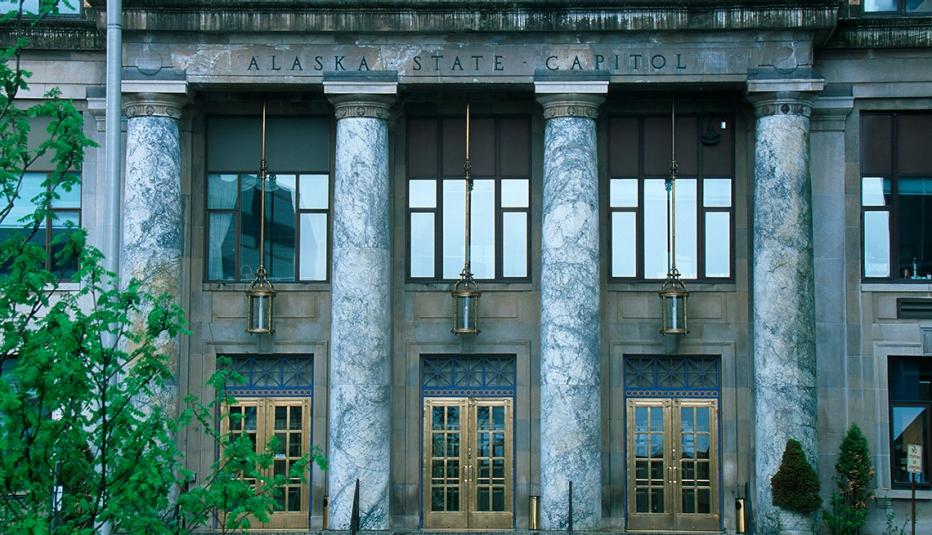AARP Hearing Center
Today, a significant share of American households lack the financial resources to weather a modest financial setback. According to the Federal Reserve, four in ten American households could not come up with $400 in a financial emergency. This lack of liquid savings puts their short-term and long-term financial wellness at risk.
Employer-based solutions have the potential to greatly improve households’ ability to save for emergencies because these solutions leverage the principles of behavioral economics and the convenience of payroll technology. The ideal program would automatically enroll employees into a payroll-deduction rainy day savings program.
The AARP Public Policy Institute fielded a national survey to test the appeal of a payroll-deduction rainy day savings program among employees. The survey also identified the program features that are most important to workers. The survey, which is designed to be representative of the U.S. population, reflects the responses of 2,603 adults ages 25-64 who were employed (but not self-employed), paid by direct deposit, and expect to remain with their current employer for at least one more year.
The survey found:
- Seven in ten employees would participate in an employer-based emergency savings program.
- Financial stress and trust in the employer are more strongly significant drivers of employees’ participation in an emergency savings program compared to demographic factors like income or age.
- Nearly all employees would participate in the program if their employer matched their account contributions.
































































